







Our disclaimer and appropriate use terms for using the Monitoring and Evaluation Dashboard for the Strategic Transport Plan (2024).
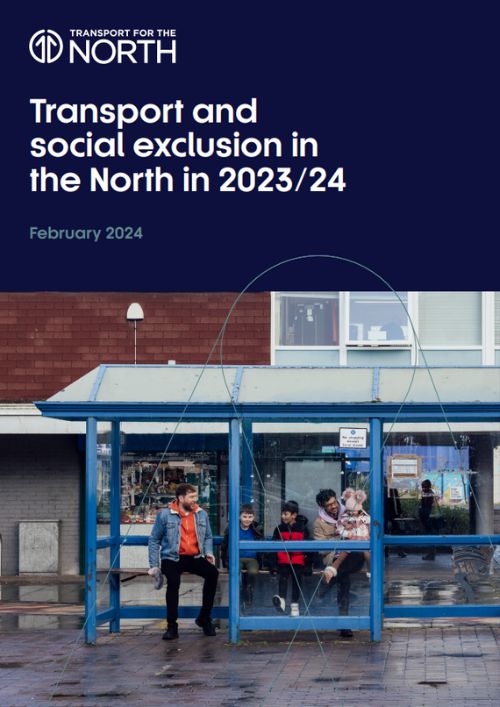
The Transport and social exclusion in the North in 2023/24 report demonstrates the fundamental impact of transport issues on life chances and social participation. This includes the causes of transport-related social exclusion, the populations and areas that are most affected, and what this means for transport policy, strategy, and investment in the North of England in 2024.
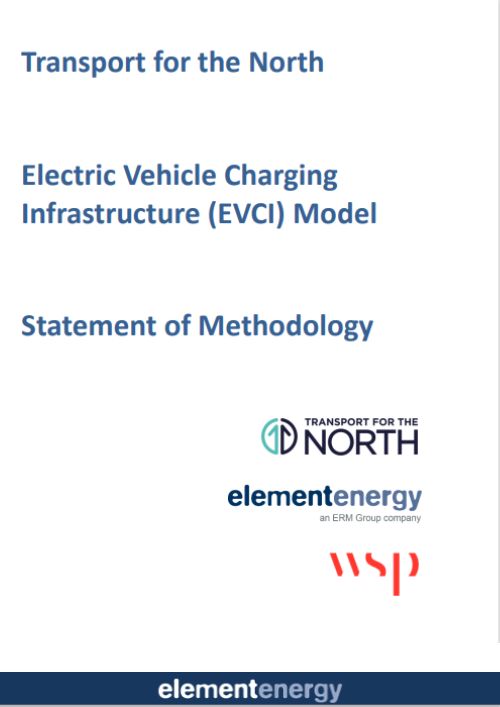
The EVCI model forecasts the electric charging infrastructure needs across the North of England. Our evidence provides additional clarity on the scale and pace of change required across our region to support a rapid and consistent transition to electric vehicles. It highlights the opportunities and requirements for our region, and supports our partners in implementing the right infrastructure (both transport and energy) in the right place, at the right time.
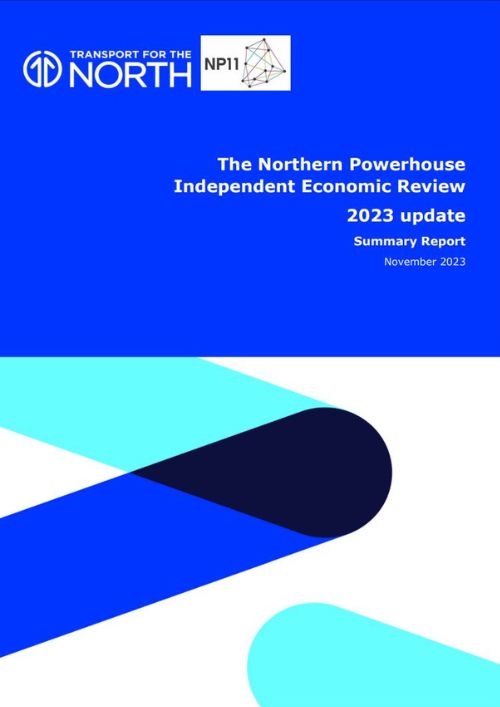
This report summarises the work from the Northern Powerhouse Independent Economic Review (NPIER) update programme, that concluded with the publication of the economic scenario results, published with the draft of our revised Strategic Transport Plan consultation. This summary report presents the headline results of the work and the next steps for Northern partners in realising the economic ambition.
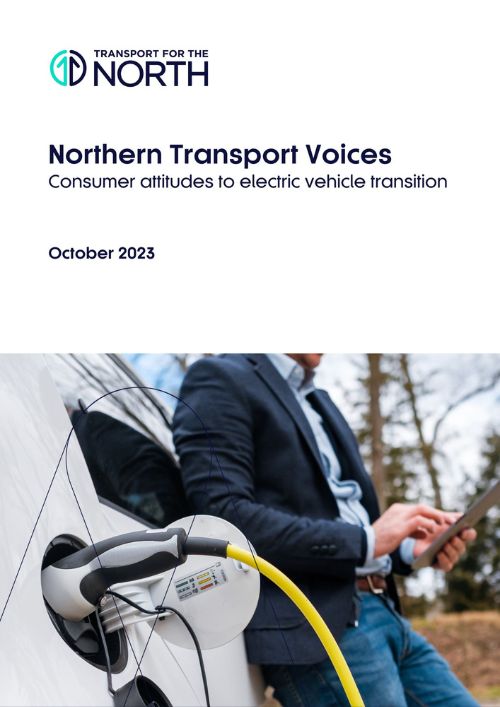
This study aims to explore the consumer perspective towards the electric vehicle transition, with a particular focus on barriers experienced, the impact of the cost-of-living crisis, and attitudes towards shared EV charging solutions as well as shared EV ownership models.
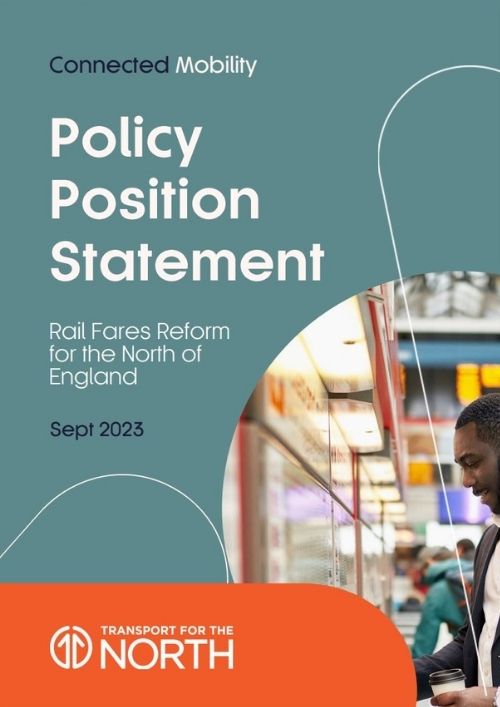
This Policy Position sets out Transport for the North's role in promoting reform to the prices passengers pay for rail and their integration with local fare structures. Considering topics around realising pay as you go on rail, integrating fare structures locally and creating more flexible offers for workers and leisure travelers alike it defines what 'good looks like' for fares reform in the North.
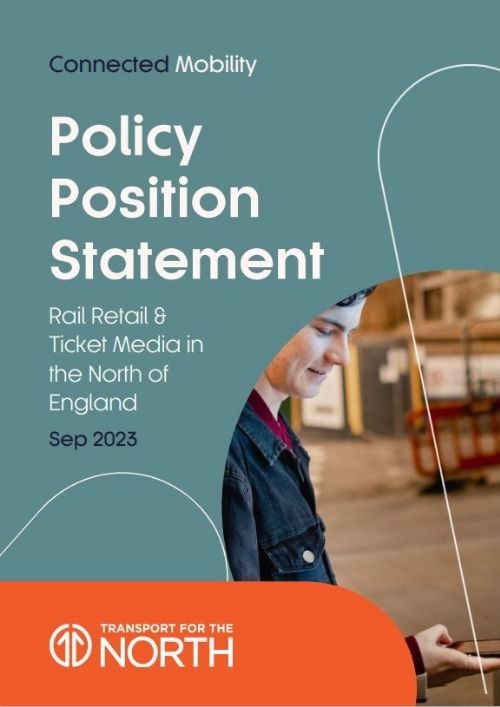
This Policy Position sets out Transport for the North's role in promoting reform to how rail tickets are sold and fulfilled. Exploring concepts around digital ticketing, protecting accessibility and integrating with local retail the position defines what 'good looks like' for rail retail in the North.
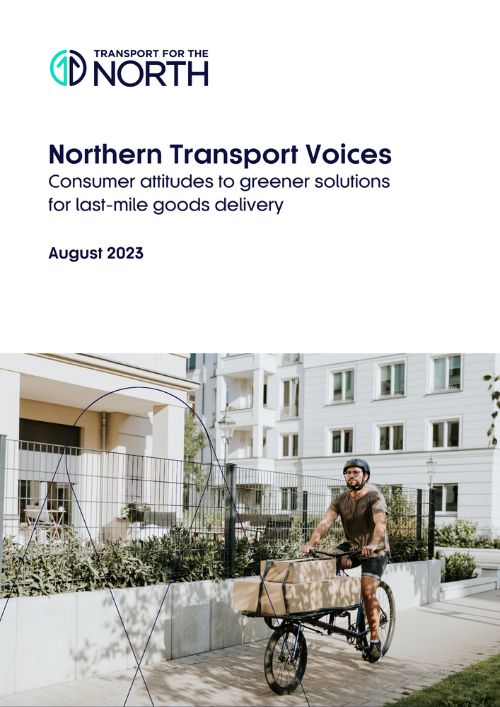
There is currently limited understanding of consumers’ attitudes to alternative green solutions for last mile delivery, particularly when this requires consumers to change their behaviour. Transport for the North used its online research community, called Northern Transport Voices, to explore consumer attitudes to greener last-mile delivery solutions.
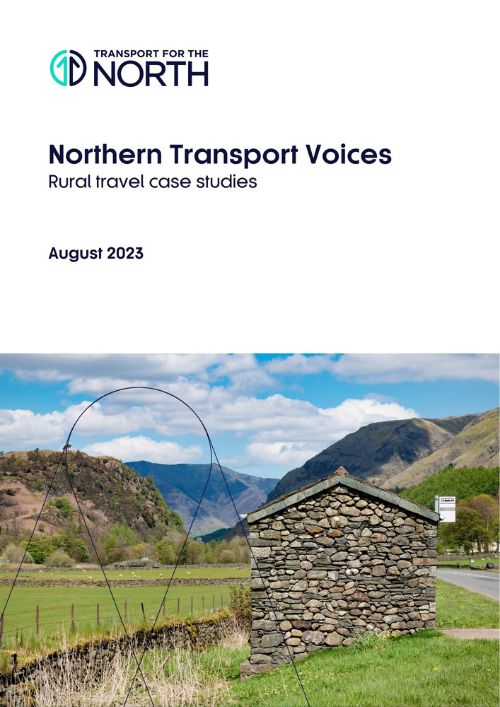
This study, a rural travel diary task, was designed to capture a detailed first-hand account of travel experiences within a two-week period in the life of rural residents of the North, presented in the form of a set of rural travel case studies that illustrate the diversity of rural travel, as well as some of its common characteristics and challenges.